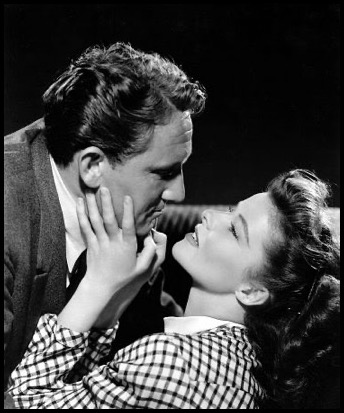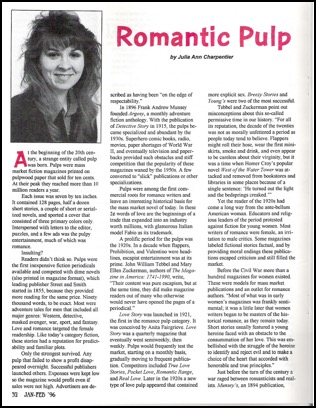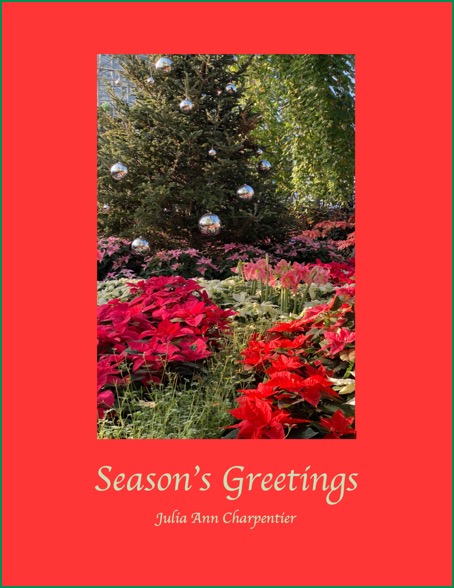Critical Essay - Feminism
May/24/2022 01:25 PM Filed: Critical Essays

Woman of the Year (1942)
Katharine Hepburn and Spencer Tracy
Metro-Goldwyn-Mayer (work for hire)
(Wikimedia Commons)
Feminism hangs out with the young, openminded woman. Traditionalism socializes with the mature, conservative matron. Familiar associations fail to define what either emotion-packed term means when enacted, blindly leading to assumptions about lifestyle.
Twenty-first-century ideals embrace feminism, yet the meaning of tradition in a woman's life does not equate with loss of freedom. Staid, old, and structured, governed by organized religion, conventional confinement remains synonymous with traditionalism, an unfortunate comparison. A feminist, in reality, could be bound tighter by a self-inflicted doctrine that inhibits creativity and happiness, cutting her away from time off, time enjoyed, and time employed at home.
A traditional woman could be married or unmarried, homosexual or heterosexual, religious or an atheist. Over time, distortions marred the value of tradition, rendering the concept counterproductive and entwining the ideology with our past. A feminist serves as a pillar of her community, setting an example, working endlessly, while a traditionalist leads a life dictated by the patriarchy, another common fallacy.
Laden with political baggage and growing heavier as decades pass, these overburdened and overused words bog down any woman seeking options, opposed to abiding by a set of rules. Feminism adheres to an arrangement comparable to traditionalism, admired by those who wish to reestablish a daily norm, making the routine aspects of living compatible with contemporary society. Not always beneficial, often flouted, this intellectual change initiated insincere commitment to a grindstone deemed superior.
Until traditionalism crawls out of the maligned alternative-lifestyle attic, discontentment will besiege the woman eager to reach her potential without jumping off a personal ledge holding onto an unwanted moniker attributed to a group rather than an individual.
Critical Essay - Censorship
May/11/2022 09:39 AM Filed: Critical Essays

Artist: Piotr VaGla Waglowski
(Wikimedia Commons)
If offensive words are removed from language, would the definition of "offensive" change? A desire to extract a derogatory moniker or blunt description will result in certain individuals classifying the action as noble, a necessary purging of negative thoughts that should not be in a person's mind. Censorship has an ultimate goal—control.
A power struggle lurks beneath the surface of every deletion and every rewrite if the intention skulks behind political warfare. Like a cyberattacker, a censor disables a natural flow of communication. Obstruction is not only unethical and inhuman, it is impossible. Getting rid of ugly nouns, sarcastic innuendos, and scathing adjectives will accomplish nothing. Manipulation of language does not eliminate social problems; this treacherous process triggers unrest.
Disinformation and misinformation, terms coined by hired evaluators, refer to disputable content. Viewpoints differ, a manifestation of cultural, religious, and philosophical beliefs, including scientific shifts that alter the foundation for an accurate statement. Science evolves, changing as new information emerges. Squelching discourse, attempting to make knowledge rigid, halts discovery.
Libraries worldwide store books, magazines, newspapers, videos, and audio recordings that contain material someone wants to censor. As targets are established and editing begins, where does this expurgation propose to end?
After infinite directives and endless redlining, freedom of expression will be hyperregulated, while angry people pick through a word dump, like scavenging through a landfill hunting for deleted information. Archaic mistakes haunt these censors.
Critical Essay - Romantic Pulp
January/14/2022 02:49 PM Filed: Critical Essays

At the beginning of the twentieth century, a strange entity called pulp was born. Read about the historical roots of romance fiction in my January-February 1996 article published in the Romance Writers Report.
